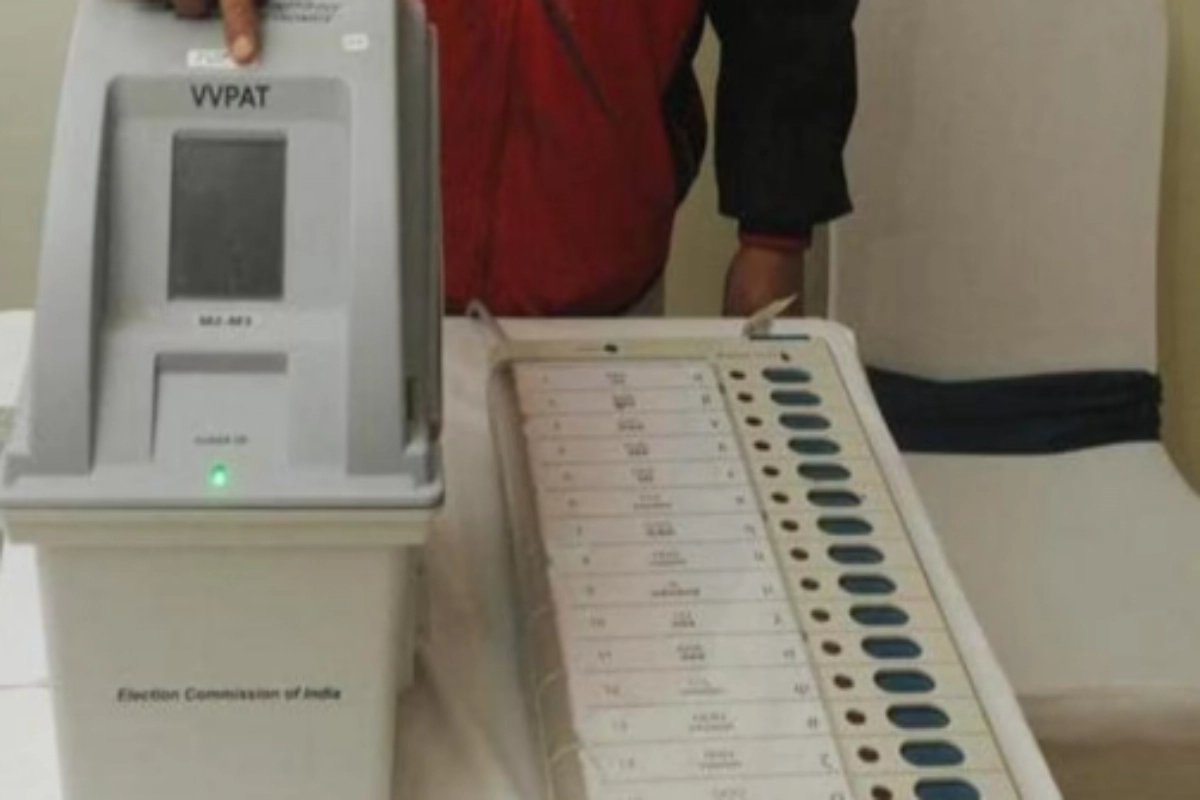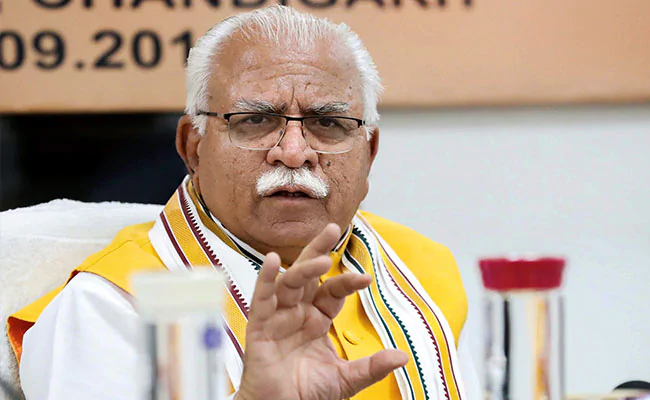Lok Sabha Election 2024: The Supreme Court was informed by the Election Commission on Thursday that the remarks made regarding the Voter Verifiable Paper Audit Trail (VVPAT) slips in Electronic Voting Machines (EVMs) hurt them. For the previous three years, the poll organization claimed that it required “painstaking efforts” to get ready for elections.
Supreme Court’s Call for Electoral Process Sanctity
A bench made up of Justices Sanjiv Khanna and Dipankar Datta had earlier demanded that the electoral process be kept sacred and asked the Election Commission to provide a detailed explanation of the procedures involved in cross-verifying VVPAT slips with EVMs.
A number of requests requesting complete cross-verification of votes made using electronic voting machines (EVMs) with VVPAT—an independent vote verification mechanism that allows voters to determine if their votes were cast correctly—were being heard by the Supreme Court. Currently, each assembly segment’s five randomly chosen EVMs are the only ones where VVPAT verification is performed.
Advocates’ Arguments for Electoral Transparency
Advocate Nizam Pasha, who was representing one of the petitioners in the case, stated during the hearing that the voter ought to be permitted to take the VVPAT slip following their vote. Justice Dutta said, “This is an electoral process. There has to be sanctity. Let nobody have apprehension that something which is expected is not being done.”
Speaking on behalf of the Association for Democratic Reforms (ADR), advocate Prashant Bhushan stated that the VVPAT machine’s glass, which is currently black, ought to be transparent. Additionally, he emphasized that the light, which is only on for seven seconds at the moment, ought to be on for a considerable amount of time so that voters can see the VVPAT slip being placed into the box following a vote.
Allegations of Fictitious Elections in Kasargod
Bhushan referenced an article in the media on the objections made to the fictitious elections that were held in Kasargod, Kerala. According to the report, the United Democratic Front (UDF) and the ruling Left Democratic Front (LDF) in Kerala filed complaints with the district collector alleging that four EVMs had mistakenly entered additional votes in favor of the BJP.
Investigation into Alleged Irregularities in Kasargod Mock Election
“A mock election was held at Kasargod, Kerala. The Election Commission was tasked by the Supreme Court to investigate the matter when Bhushan stated, quoting the report, “Four EVMs and VVPATs were recording one extra vote for BJP.”
The Election Commission said, “Yes,” when the court questioned the poll body about whether VVPAT was a printer. To make sure the right symbols are loaded, VVPAT is instructed to print after loading. Both the candidates and the returning officer sign it.”
Election Commission’s Assurance on EVM Security and VVPAT Testing
The bench said that the memory cannot be changed in response to another question about whether the programme memory can be tampered with or if a candidate objects to the software production. The Election Commission emphasized that candidates are permitted to select 5% of the EVMs at random and that all EVMs go through practice runs prior to being used in elections. According to the poll body, the procedure is repeated on election day.
Explaining further about the VVPAT slip testing, the poll body said, “Mock polls take place on polling day as well. VVPAT slips are taken out, counted and matched. All machines have different kinds of paper seals. At the time when the machine arrives for counting, the seal number can be checked.”











